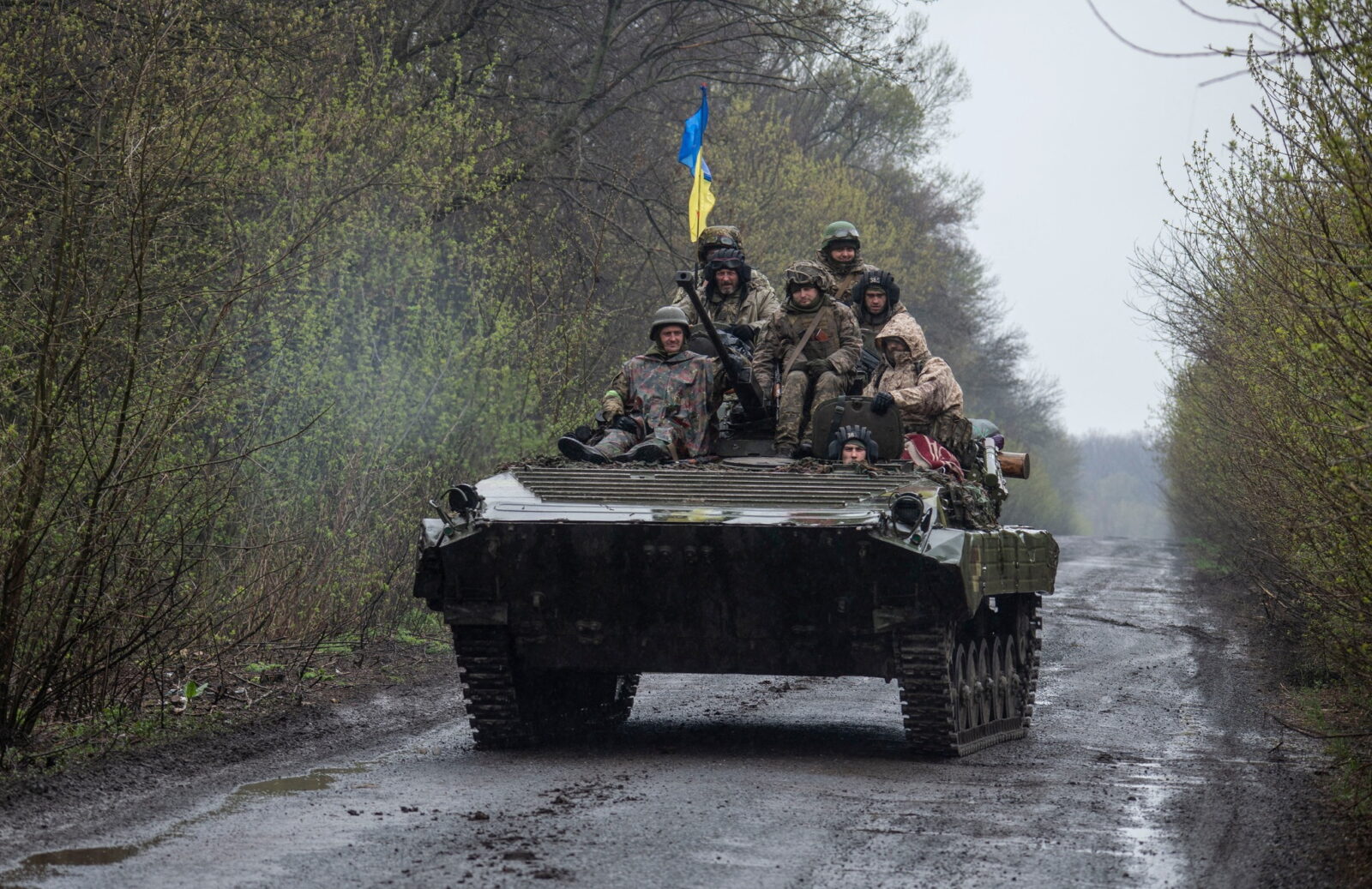
The 31st Ministerial Council of the Organization for Security and Co-operation in Europe (OSCE) begins today in Malta.
The annual meeting brings together foreign ministers from the 57 OSCE member states to discuss security issues and regional cooperation. This year’s session carries heightened significance as Russian Foreign Minister Sergey Lavrov will attend, marking his first visit to an EU country since Russia’s invasion of Ukraine in 2022.
Lavrov’s attendance comes amid growing signals that peace talks between Russia and Ukraine may be on the horizon. German Chancellor Olaf Scholz spoke with Putin in October—the first direct call between Putin and a major NATO member since the invasion—while Ukrainian President Zelensky has recently signaled openness to negotiations if NATO accession is included.
While Malta’s decision to invite Lavrov has drawn criticism, the entrenched positions of EU, NATO, and Russian actors make meaningful progress at the OSCE meeting unlikely. Instead, Lavrov’s attendance signals Russia’s broader effort to engage with EU and NATO states. With Trump’s reelection amplifying tensions with the EU/NATO, Moscow is likely to use this reengagement to weaken Western resolve and support for Ukraine, particularly with sympathetic members like Hungary and Slovakia, creating more favorable conditions for its military efforts. Meanwhile, Ukraine’s recent openness to peace talks may be to gain favor with the negotiation-focused Trump administration, signaling that it does not believe Europe alone can sustain its defense.
Scott is an Analyst at Foreign Brief and works in International Development in Washington DC. His specific interests are geopolitics, regional conflict and governance, and political and economic development, and his geographic focus is Sub-Saharan Africa.

